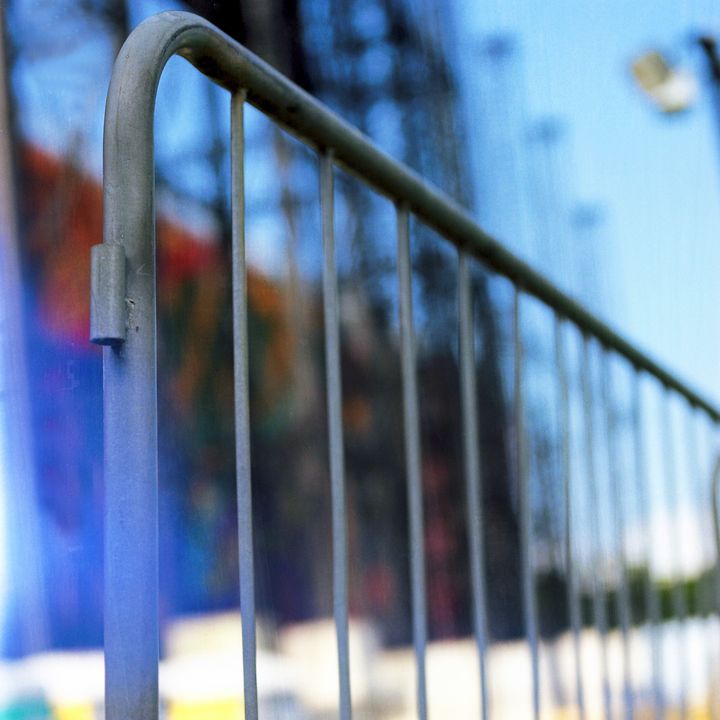QT 09/02/2024 Friday Mark 6. The Teachable Heart. 受教的心灵。

QT 09/02/2024 Friday Mark 6
http://www.esvbible.org/mark6
Mark portrayed the "hardened hearts" motif in chapters 6 (Mark 6:52) and 8 (Mark 8:17). This hardening continued in spite of the wonderful things brought about by Jesus and His preaching ministry in His "hometown" (Mark 6:1) and elsewhere (Mark 8:4,22,27).
In Jesus' hometown Nazareth, He was NOT HONOURED (Mark 6:1-6). He instructed His own disciples to "shake off the dust that is on your feet as a testimony against them"--those who "will not receive you" (Mark 6:11). Indeed, Mark reported that Jesus' forerunner, John the Baptist, had been beheaded for pointing out sin (Mark 6:18).
Mark portrayed this hardening (Mark 6:52) after the feeding of the 5000 (Mark 6:30-44) and Jesus' walking on water (Mark 6:45-52). Apparently, this hardening took place even among the disciples too (Mark 6:52).
We shall see Jesus rebuking the Pharisees and the teachers using Isaiah in Mark 7. In contrast, the Phoenician woman and the Decapolis deaf/mute responded positively.
Similarly, in Mark 8, Jesus feeds the 4000 (Mark 8:1-9) where hardening is mentioned again (Mark 8:17). Once again, Isaiah is alluded to for use in rebuking (Mark 8:18). In contrast, the blind now sees (Mark 8:22-26).
REFLECTION: Are our hearts hardened in anyway? Are we teachable? When was the last time we CHANGED upon being TAUGHT?
星期五 2024年2月9日 今日读经:马可福音6章
http://m.bbintl.org/bible/ncv/Mak/6/
马可在第6章(可6:52)和第8章(可8:17)刻画了“心硬”的主题。尽管耶稣和祂的传道事工在祂的“家乡”(可6:1)和其他地方(可8:4,22,27)成就了许多美好的事,这些人的心还是硬的。
在耶稣的家乡拿撒勒,祂并没有被得到尊敬(可6:1-6)。他吩咐自己门徒“把脚上的灰尘跺下去,作为反对他们的见证。”--他们指的是“不接待你们”的人(可6:11)。的确,马可报告说,耶稣的先行者,施洗约翰,因指出人们的罪而被斩首(可6:18)。
马可在耶稣喂饱5000人(可6:30-44)和在水上行走(可6:45-52)后刻画了人心的钢硬(可6:52)。显然的,在门徒当中,也有心迟钝的(可6:52)。
在马可福音7章,我们将看到耶稣引用以赛亚书来斥责法利赛人和教师。相比之下,那腓尼基女人和低加波利又聋又哑的男子却有着正面的回应。
同样的,在马可福音8章,耶稣喂了4000人(可8:1-9),在这章里,又提到了心迟钝(可8:17)。再次地,以赛亚书又被引用来斥责他们(可8:18)。相对的,瞎眼的却能看见(可8:22-26)。
反思:我们的心会迟钝吗?我们受教吗?我们最后一次因得到教导而做出改变是什么时候?


